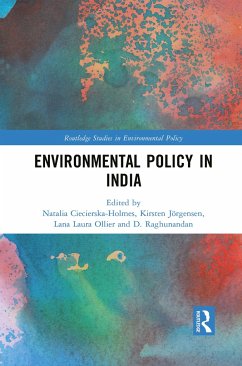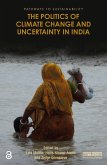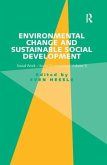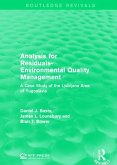This book systematically introduces historical trajectories and dynamics of environmental policy and governance in India.
Following the features of environmental policy in India as outlined in Chapter 1, subsequent chapters explore domestic and international factors that shape environmental policy in the country. The chapters examine the interplay between governmental and non-governmental actors, and the influence of social mobilisation and institutions on environmental policy and governance. Analysing various policy trajectories, the chapters identify and explore five central environmental policy subsystems: forests, water, climate, energy and city development. The authors drill down into the social, economic, political and ecological dimensions of each system, shedding light on why striking a balance between national economic growth and environmental sustainability is so challenging.
Drawing on political science theories of policy processes andrelated theoretical concepts, this innovative edited volume will be of great interest to students and scholars of environmental policy and politics and South Asian studies more broadly.
Following the features of environmental policy in India as outlined in Chapter 1, subsequent chapters explore domestic and international factors that shape environmental policy in the country. The chapters examine the interplay between governmental and non-governmental actors, and the influence of social mobilisation and institutions on environmental policy and governance. Analysing various policy trajectories, the chapters identify and explore five central environmental policy subsystems: forests, water, climate, energy and city development. The authors drill down into the social, economic, political and ecological dimensions of each system, shedding light on why striking a balance between national economic growth and environmental sustainability is so challenging.
Drawing on political science theories of policy processes andrelated theoretical concepts, this innovative edited volume will be of great interest to students and scholars of environmental policy and politics and South Asian studies more broadly.








